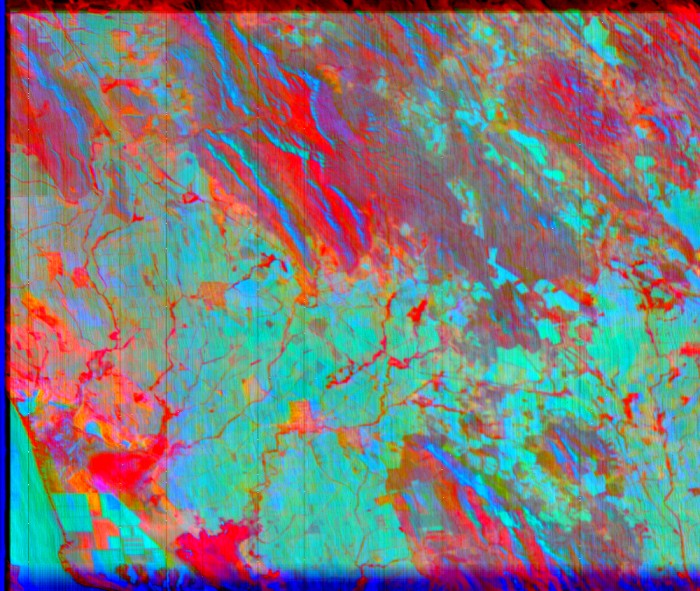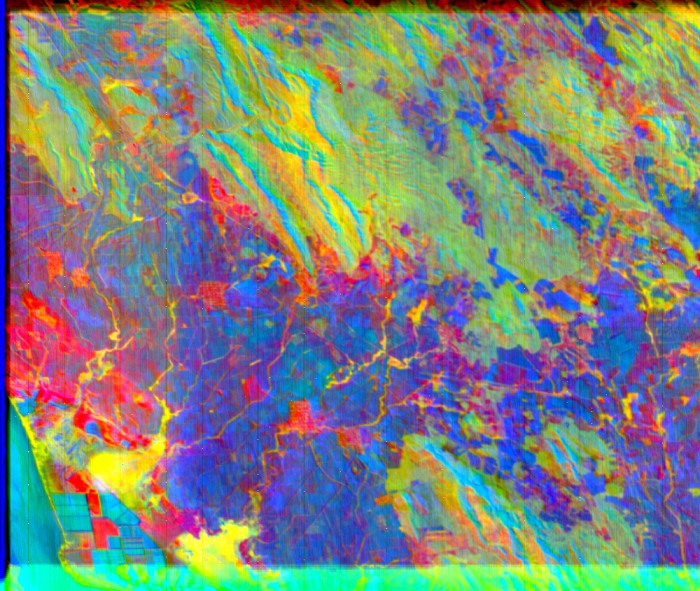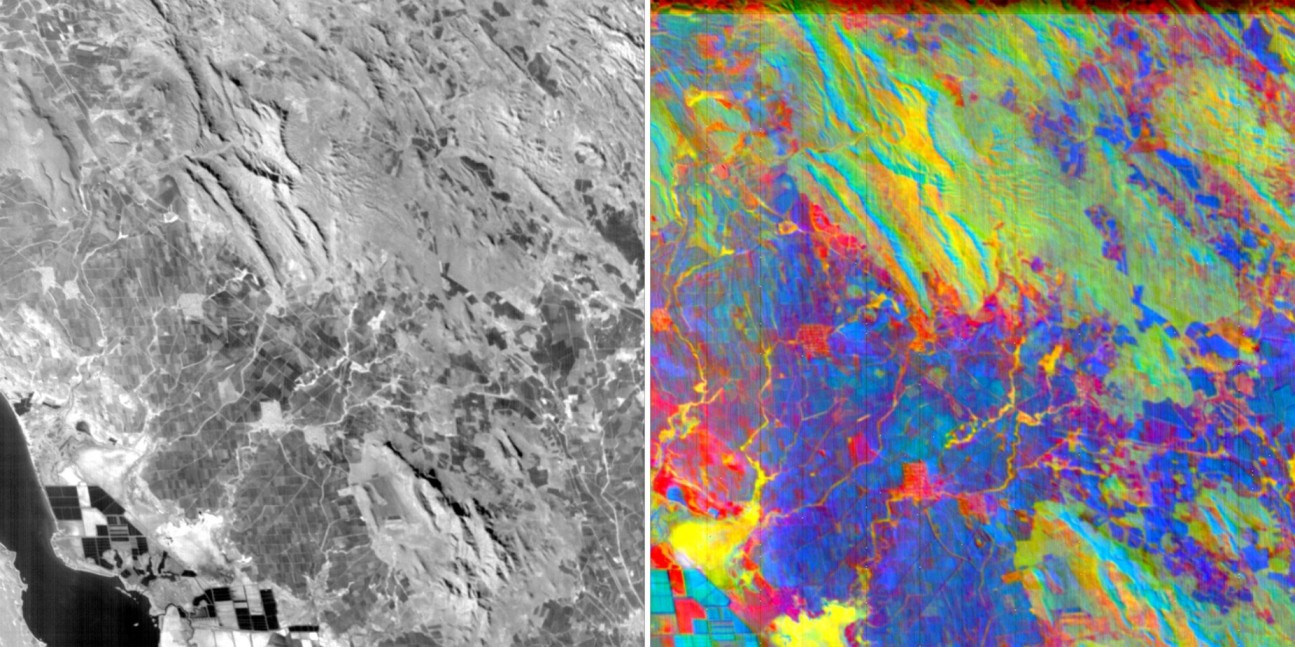Pixxel Announces $25M Investment Led By Radical Ventures To Advance The World’s Most Detailed Imaging Satellites for Earth Health Monitoring.
Leader in Hyperspectral Remote Sensing Reaches Groundbreaking Milestone with Satellite Demonstration Ahead of SpaceX Transporter-4 Launch.
PALO ALTO, Calif. & BANGALORE, India-Pixxel, a leader in cutting-edge earth-imaging technology, announced a $25 million Series A led by Radical Ventures, a Toronto-based firm known for investing in entrepreneurs that use artificial intelligence to transform massive industries. Additional participation in Pixxel’s Series A comes from Jordan Noone, Seraphim Space Investment Trust Plc, Lightspeed Partners, Blume Ventures, and Sparta LLC. The new funding enables Pixxel to expedite production of the world’s highest resolution hyperspectral satellite constellation and to offer industry AI-powered insights that discover, solve, and predict climate issues at a fraction of traditional satellite costs.
“We’re excited to welcome these new investors as we work to address one of the most pressing issues facing our planet,” said Pixxel CEO and co-founder Awais Ahmed. “We’re committed to providing a critical tool in the fight against climate change, helping researchers and on-the-ground responders detect and develop effective strategies to combat imminent environmental threats. This funding will not only assist us with this goal but will help us improve our software capabilities so that organizations of all sizes can access and understand this data.”

Pixxel is launching the first of its hyperspectral satellites as part of SpaceX’s upcoming April Transporter-4 mission. These earth-imaging microsatellites have 50x higher resolution than existing multispectral counterparts and unlike drone or land-based multispectral sensors, Pixxel will be able to capture data a global scale. Traditional satellite images collect data in the visible light spectrum, limiting the end-use cases; hyperspectral imaging collects data across 40x more wavelengths and can be used for a myriad of applications such as monitoring methane emissions, quantifying carbon sequestration, and monitoring disease outbreaks across cropland.
Pixxel’s platform unlocks a range of novel environment and sustainability use cases, offering advanced tools for agriculture, oil and gas, mining, and environmental agencies to analyze geospatial composites of the earth’s surface in real-time.
Pixxel also successfully retrieved its first hyperspectral satellite images from a camera that was launched last year with partners NanoAvionics and Dragonfly Aerospace. The photos capture the crop health of Mexican farmland, showing previously indistinguishable soil nutrient content, early stress identifiers, water quality levels, and types of flora in the vegetation. The wealth of information in these images validates Pixxel’s revolutionary approach to spectroscopy for earth observation – detecting, monitoring, and analyzing phenomena beyond what’s possible with existing remote sensing solutions.

“We’re thrilled to be joining Awais, Kshitij, and the broader Pixxel team in their mission to build a health monitor for the planet. Pixxel’s hyperspectral imaging platform is capable of diagnosing climate impacts at global scale, providing granular insights to any business that benefits from understanding how the earth is changing,” said Parasvil Patel, Partner at Radical Ventures. “By leveraging their proprietary sensor design, Pixxel is pushing the state of the art on imagery resolution. These images feed powerful, AI-powered predictive models that will be relevant to many industries.”
“Our investment in Pixxel reflects Seraphim’s increasing commitment and focus on companies that can provide the frequent and accurate data needed to create a sustainable future on earth. Pixxel sets itself apart with a novel imaging approach, making it able to retain a very high spatial and spectral resolution while using cost-effective satellites and compact satellites,” says Lewis Jones, Investment Manager at Seraphim Space. “Pixxel’s constellation will be vital for applications such as monitoring the health of crops, measuring climate risks such as floods and famine, and detecting pipeline leaks. Seraphim’s investment is set to fuel the company’s next stage of growth and we’re excited to be part of something so revolutionary.”

